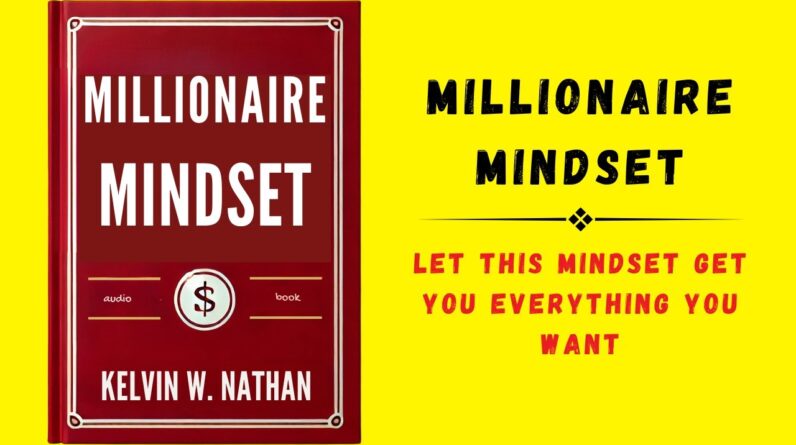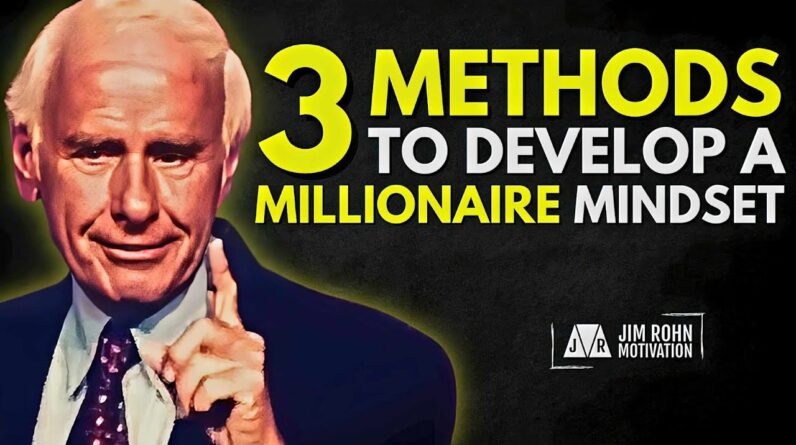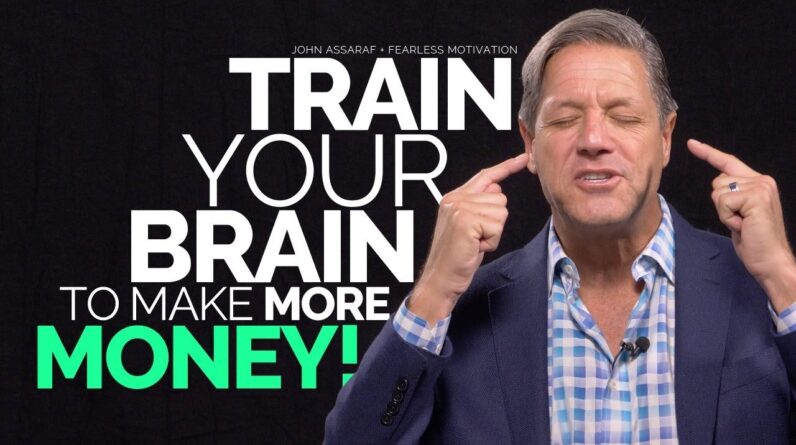
This is my advice for everyone between the ages of 18 – 35 on how to manage their money, what to save, and how to invest – enjoy! Add me on Instagram: GPStephan
The YouTube Creator Academy:
Learn EXACTLY how to get your first 1000 subscribers on YouTube, rank videos on the front page of searches, grow your following, and turn that into another income source: https://bit.ly/2STxofv $100 OFF WITH CODE 100OFF
Get 2 Free Stocks on WeBull when you deposit $100 (Valued up to $1000): https://act.webull.com/k/Vowbik9Tm5he/main
My ENTIRE Camera and Recording Equipment:
https://www.amazon.com/shop/grahamstephan?listId=2TNWZ7RP1P1EB
First Mistake: Spending too much money
That’s why my #1 piece of advice, ESPECIALLY for anyone who’s 18 to 35 years old, is to SPEND LESS THAN YOU MAKE. I know, it might be common sense to you and I…but it’s not to common sense to a LOT of people. Especially when you consider that 40% of Americans couldn’t cover an unexpected $1000 emergency. So the EASIEST way to get out of that trap, is to simply: track your spending and cut back on discretionary expenses.
Second Mistake: Getting Into Consumer Debt
I really believe that having ANY amount of unpaid consumer debt will grossly hinder your ability to build wealth in the future. So if at all possible, avoid consumer debt AT ALL COSTS…use it only as a LAST CASE RESORT if you literally won’t have food on the table, or there’s something that happens and there’s just no other option.
Third Mistake: Lifestyle inflation
This is the practice in which we make a little bit more money, and then we start spending just a little more each month. The biggest issue I’ve seen is that people get used to spending almost all the money they make, and when that happens…they almost DON’T KNOW what to do when they have money left over at the end of the month….so then, they just continue spending it. And that’s where the problem lies.
Fourth Mistake: No Emergency Fund
An emergency fund is the money you set aside to ONLY be used in case of an emergency, where you have no other option to turn. Ideally, the size of this fund should equal anywhere from 3-6 months of your expenses, and kept easily accessible.
Fifth Mistake: Being Too Cautious About Credit With No Credit Card
Getting a credit card, and learning how to handle it responsibly, is so incredibly important to your financial future. Not only will a credit card provide purchase protection, rewards, or cash back throughout all of your purchases – but you’ll be continually improving your credit score, which will get you the best and lowest rates anytime you buy a property, finance a car, rent an apartment, or do ANYTHING that involves running your credit report.
Sixth Mistake: Not Contributing To Your Retirement
For instance, the BEST time to contribute to a Roth IRA is when you’re young and not earning a ton of money…this is because you’re in a low tax bracket already, so you have more money left over, and your money has more time to grow. Or a 401K allows you to reduce your taxable income and postpone your tax bill until retirement…not to mention that sometimes employers will match your contribution, dollar for dollar, up to a certain amount.
Seventh Tip:
Now is your time to absolutely pursue your career aspirations, work harder than you ever thought was possible, save every extra dollar you can. While sure, it’s fine every now and then to relax and have fun…stay disciplined, because if you play this right, you could use these your 20’s to accumulate enough investable assets to carry you forward for the rest of your life.
And during all of that, do your best to also focus on INCREASING your INCOME, just as EQUALLY as you are on SAVING IT. Sometimes people just can’t save enough money, and it’s not a fault of their savings or spending habits…it’s just the fact that they don’t earn enough in the first place.
And when it all comes to investing…just keep it simple. Broad index funds are the easiest, simplest, and “safest” investments out there when held long term. Or, it’s as simple as spending a few hours a day on BiggerPockets and YouTube researching how to invest in real estate – going and checking out open houses on Sundays – and then eventually looking into purchasing some income property once you have your down payment saved up.
Investing doesn’t need to be complicated, budgeting doesn’t need to be difficult, it’s all about learning the right financial habits early on and then sticking with them long term – and you’ll be on your way to a ton of millennial money.
For business or one-on-one real estate investing/real estate agent consulting inquiries, you can reach me at GrahamStephanBusiness@gmail.com







